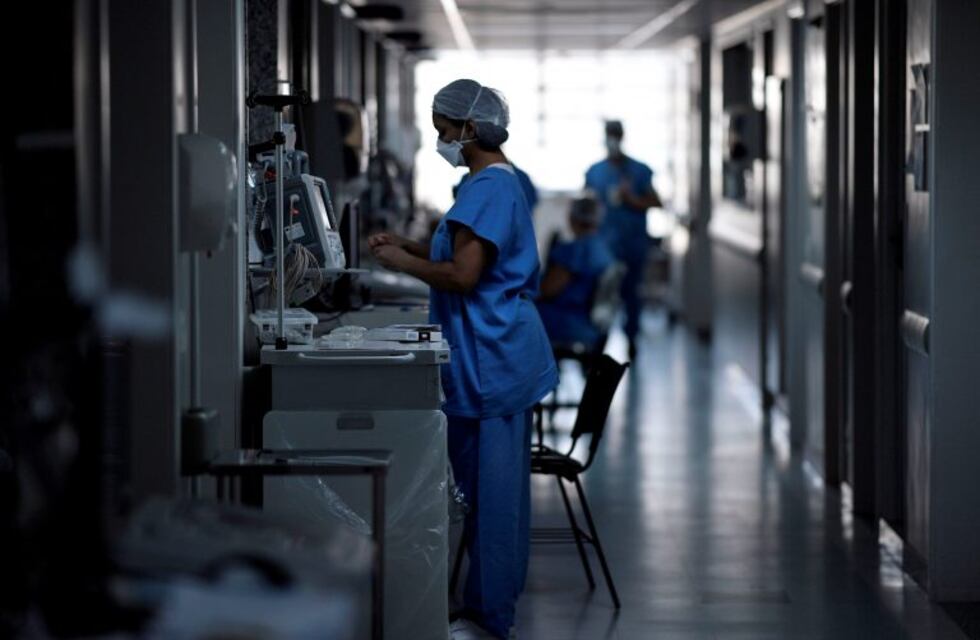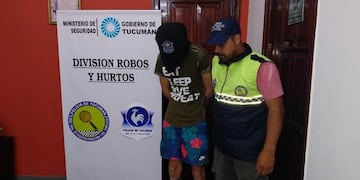Desde el sector privado de la salud de Bahía Blanca denuncian problemas en el suministro de una serie de medicamentos esenciales para los pacientes con COVID-19 graves, así lo indica el documento entregado a Región Sanitaria I.
La nota la firman directivos de varios hospitales, y describieron la situación: "por la falta de esos medicamentos, tienen dificultades para abordar el manejo de la sedación, analgesia, delirio y relajación muscular en pacientes críticamente enfermos de COVID-19 internados en las Unidades de Cuidados Intensivos (UCI)".
"La sedación, la analgesia, el manejo del delirio y la relajación muscular son parte integral en el manejo de los pacientes críticos en las UCI y especialmente importante en pacientes bajo asistencia respiratoria mecánica (ARM)".
Por otro lado remarcaron el exorbitante aumento de la medicación utilizada: pancuronio, midazolán, vecuronlo, propofol y otras. Cada paciente requiere por día 20 ampollas de pancuronio y 100 ampollas de midazolán, cuyo costo se hace insostenible.
Indicaron que el algunos casos el aumento fue entre un 400 y 500%.


































